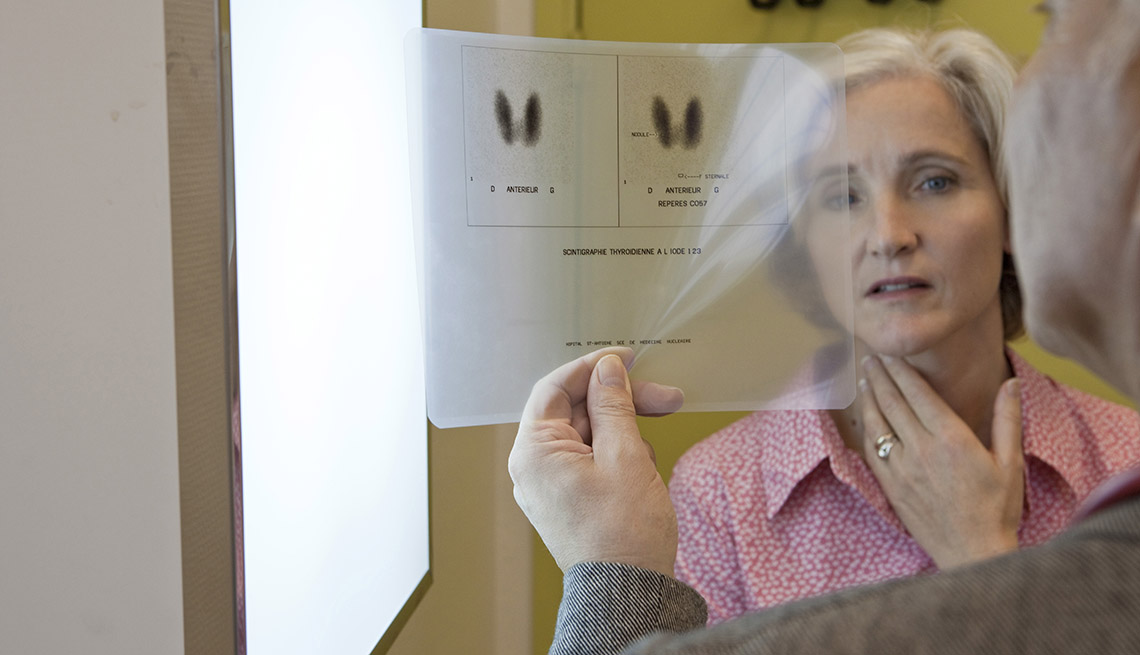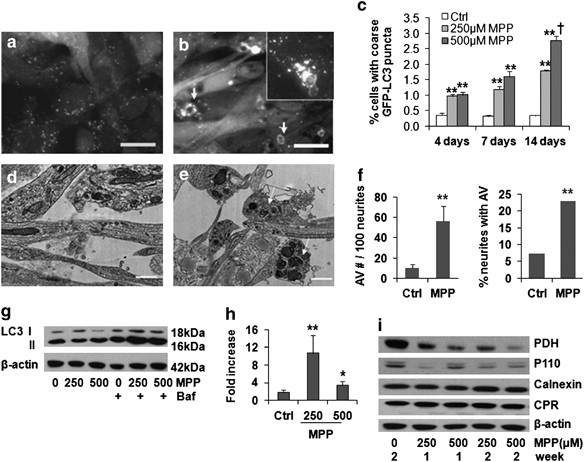
- Select a language for the TTS:
- UK English Female
- UK English Male
- US English Female
- US English Male
- Australian Female
- Australian Male
- Language selected: (auto detect) - EN
Play all audios:
1. A LUMP OR SWELLING IN YOUR NECK A lump, nodule or swelling near the base of your neck that you can feel or see in the mirror is the most common symptom of thyroid cancer. Not all lumps
are cancer, however. Studies show up to half of all people over the age of 60 have some type of thyroid nodule, and only a small number of them turn out to be cancerous tumors. So while
it's important to get a lump checked out, there's no need to panic if you have one. 2. TROUBLE SWALLOWING A tumor on the back of the thyroid can sometimes press on the esophagus
and make swallowing difficult. Some patients say it feels like something is stuck in their throat; others describe a tightness that makes it difficult to swallow. It's usually solid
foods like breads and meats that are hard to swallow — not liquids, Russell says. “Liquids not going down the right way is probably something else,” he says. 3. HOARSENESS THAT PERSISTS
Occasional temporary voice changes are usually not a cause for concern, Russell says. But if your voice becomes very hoarse or breathy for no reason, and it stays that way, a large tumor may
be affecting your vocal cords. “A severe change in your voice when you're not sick is a sign you should see a doctor right away,” Russell says. 4. CHRONIC COUGH OR SHORTNESS OF BREATH
In rare situations, a tumor may grow so large that it presses on your esophagus, causing shortness of breath or a chronic cough. That may be a sign you have a more aggressive form of thyroid
cancer that “has started to invade other structures,” Ross says. GETTING A DIAGNOSIS These symptoms can also be signs of many other health conditions, so it's important to see a
medical provider who can make a diagnosis. You can start with your primary care provider, but you will probably be referred to an endocrinologist or to an ear, nose and throat (ENT)
specialist. That specialist will likely conduct a thyroid function blood test and order imaging, such as an ultrasound or a neck CT scan. Depending on those results and the characteristics
of the nodule, your doctor may recommend a needle biopsy to make a definitive diagnosis. Even if a nodule is malignant, thyroid cancer is highly treatable with surgery and, if necessary,
radiation and chemotherapy. And the latest treatment guidance says small tumors found early may not need to be removed immediately. Many doctors will let the patient decide if they want to
have surgery right away or take a wait-and-watch approach to see if the tumor progresses. “The goal is to personalize the care of a cancer that is unlikely to kill you,” Russell says.






